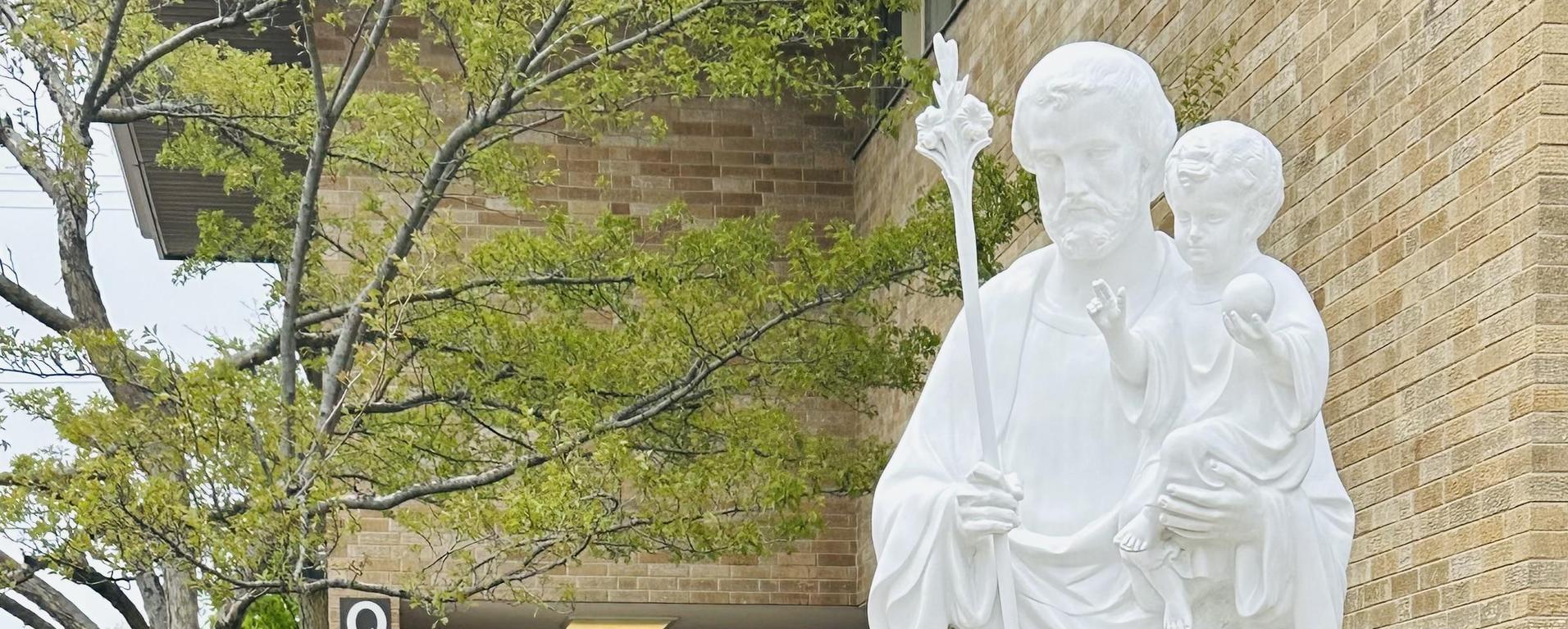Week of January 19, 2026
6th Grade - Ancient Egypt & the Middle East
- Describe the physical geography, including major river systems, of ancient Egypt, Kush, and Canaan.
- Recognize locations of early human settlement in these areas.
- Describe how environmental factors supported permanent settlement and the development of civilization in these areas.
7th Grade - The Constitution
- Identify the main features of the Constitution and describe the basic lawmaking process.
- Analyze how the Constitution divides powers among various levels and branches and preserves individual rights.
- Explain how the guiding principles of the Constitution have created “a more perfect Union” and resulted in a government that can adapt to changing times.
8th Grade - The United States Becomes a World Power
- Summarize arguments for and against U.S. expansion.
- Identify causes and results of the Spanish-American War.
- Explain the process by which the United States gained control of the Panama Canal.
- Examine U.S. involvement in World War I and the subsequent peace negotiations.
- Analyze political cartoons with differing viewpoints of U.S. actions in world affairs during this era.


